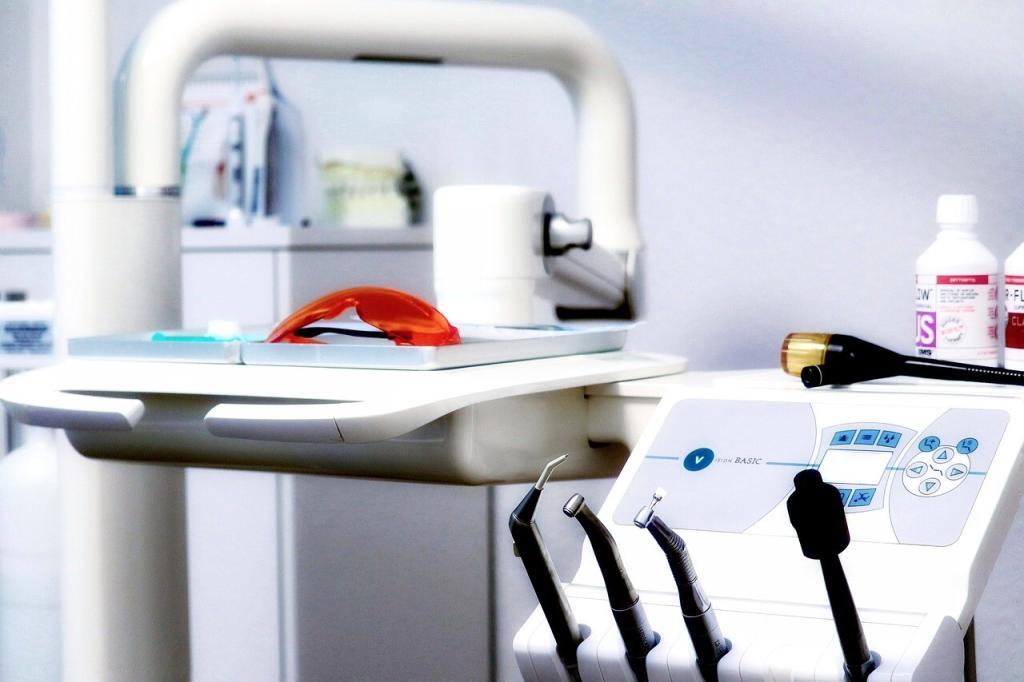
As technology continues to advance, cyber attacks have become a growing concern for businesses of all kinds, including dental practices. With sensitive patient information stored on computer systems, it is crucial for dental offices to take steps to protect their networks from cyber threats. Here are some tips for securing your dental office network from cyber attacks.
1. Keep software up to date
One of the easiest ways to protect your network from cyber attacks is to keep all software up to date. This includes operating systems, antivirus software, and any other applications used in your practice. Software updates often include security patches that address known vulnerabilities, so it is important to install updates as soon as they become available.
2. Use strong passwords
Passwords are the first line of defense against unauthorized access to your network. Make sure all employees use strong passwords that are difficult to guess. Passwords should be at least eight characters long and include a mix of upper and lowercase letters, numbers, and symbols. It is also important to change passwords regularly and avoid using the same password for multiple accounts.
3. Implement two-factor authentication
Two-factor authentication adds an extra layer of security to your network by requiring users to provide two forms of identification before accessing sensitive information. This can include a password and a fingerprint scan or a password and a code sent to a mobile device. Two-factor authentication can help prevent unauthorized access even if a password is compromised.
4. Train employees on cybersecurity best practices
Employees are often the weakest link in cybersecurity, so it is important to train them on best practices for staying safe online. This includes avoiding suspicious emails and links, not sharing passwords, and reporting any suspicious activity to IT immediately. Regular cybersecurity training can help employees stay vigilant and prevent cyber attacks.
5. Back up data regularly
Regularly backing up data is essential for protecting against data loss in the event of a cyber attack. Backups should be stored offsite or in the cloud to ensure they are not affected by a local attack. It is also important to test backups regularly to ensure they can be restored in the event of a disaster.
6. Use firewalls and antivirus software
Firewalls and antivirus software are essential for protecting your network from cyber threats. Firewalls act as a barrier between your network and the internet, blocking unauthorized access and preventing malware from entering your system. Antivirus software scans for and removes malicious software that may have already entered your system.
7. Limit access to sensitive information
Limiting access to sensitive information can help prevent unauthorized access and reduce the risk of data breaches. Only employees who need access to sensitive information should be granted permission, and access should be revoked immediately when an employee leaves the practice.
8. Monitor network activity
Monitoring network activity can help detect suspicious activity and prevent cyber attacks. This includes monitoring login attempts, network traffic, and file access. Regularly reviewing logs and reports can help identify potential threats before they become a problem.
9. Have a response plan in place
Despite taking all necessary precautions, cyber attacks can still occur. Having a response plan in place can help minimize damage and get your practice back up and running as quickly as possible. This should include steps for containing the attack, notifying patients and authorities, and restoring data from backups.
In conclusion, protecting your dental office network from cyber attacks is essential for safeguarding patient information and maintaining the trust of your patients. By following these tips, you can help prevent cyber attacks and minimize the impact of any attacks that do occur.
Contact Trinity Solutions, Inc. at 336-303-1730 to learn more and discuss your practice’s unique needs and how we may be able to help you. Our team of experts can provide customized solutions to help protect your network from cyber threats.




